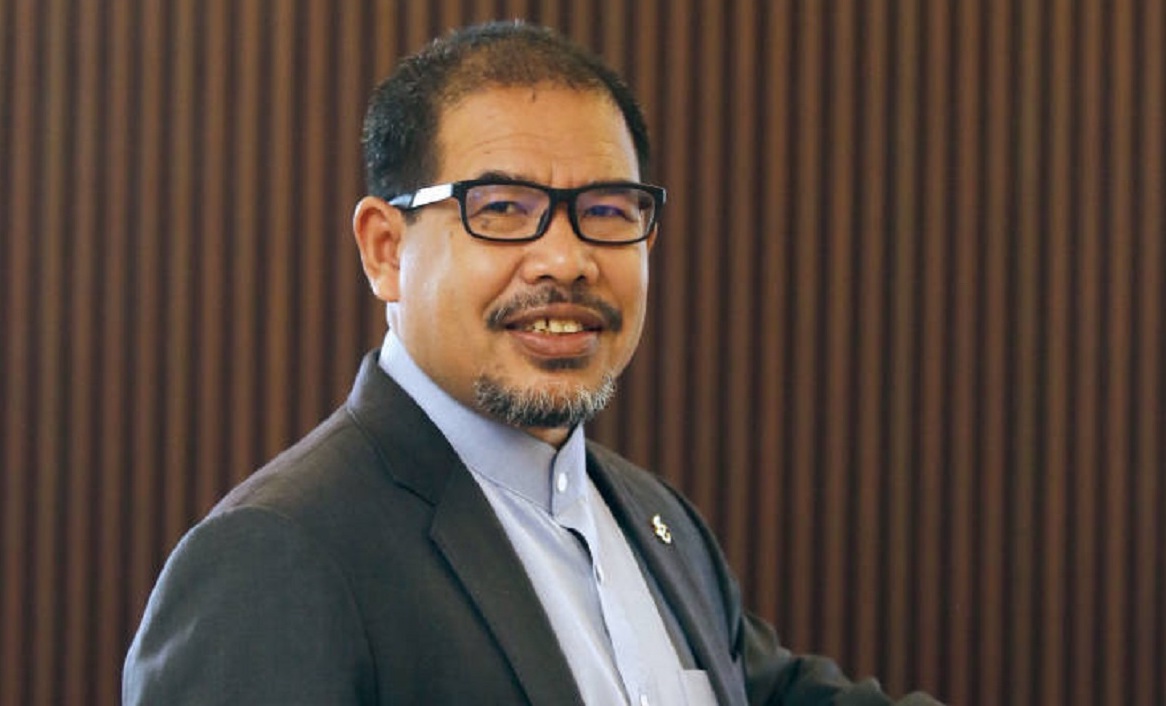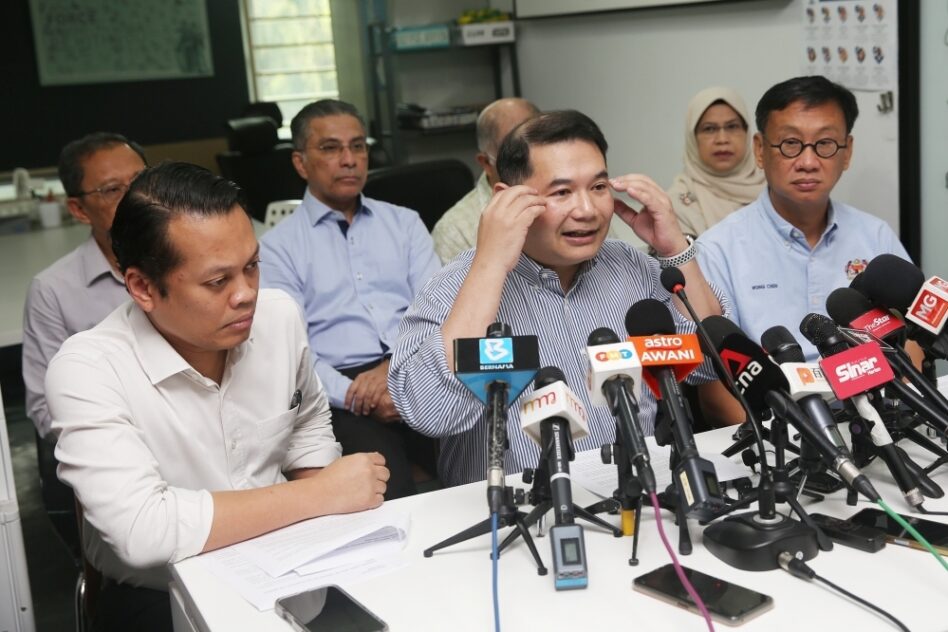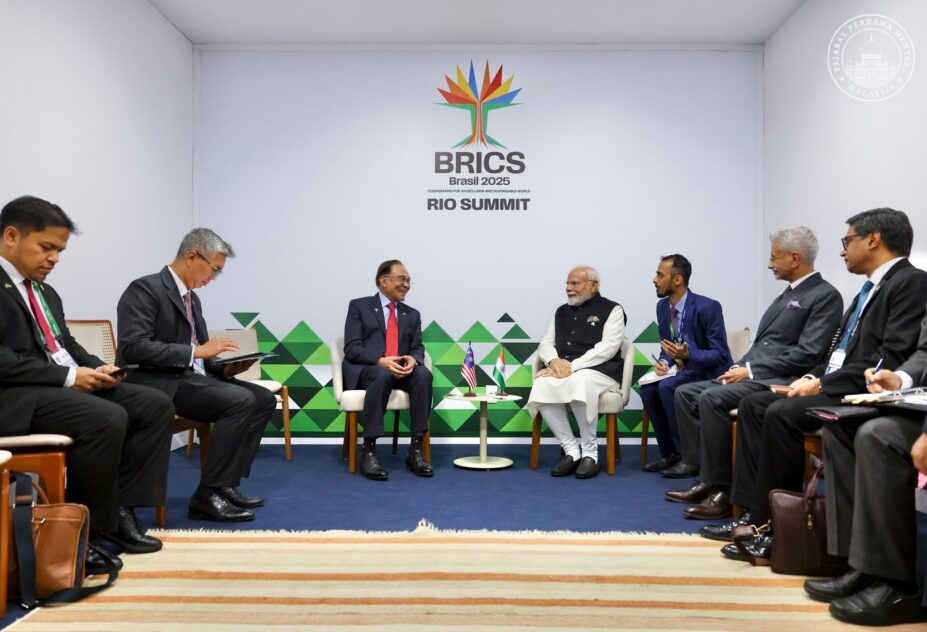FORMER Tabung Haji Board (TH) CEO Datuk Nik Mohd Hasyudeen Yusoff provided a detailed defence of non-open tender procurement processes, particularly in cases involving complex needs and services intertwined with technological components.
He said his views are based on his involvement in several public interest organisations.
However, he did not address the fact that Asia Mobility Technologies Sdn Bhd (Asia Mobiliti) has a political liability.
With the state government involved, there is now an apparent conflict of interest since one of the company’s partners is the husband of Youth and Sports Minister Hannah Yeoh, whose party DAP has fought for decades against nepotism.
However, the former CEO’s arguments offer valuable insights into the procurement process, and they must be evaluated critically to determine if they justify the absence of a proper tender process in the Asia Mobiliti scandal.
“When the contract award is announced without an open tender, many governance supporters will question why an open tender is not held,” he wrote.
“So, we have to ask again whether open tendering will produce good every time? My view is based on my involvement in several public interest organisations that have different types of needs.”
According to him, an open tender is the best if what is to be procured are goods whose specifications can be determined through an objective process and there is no significant service component.
For him, it is then easy to compare the similarities or differences between the suppliers who entered the tender.
Moreover, organisations often require goods combined with services or intangible services like software and technology solutions. While management may know the desired outcome, the specifics, such as design, technology components, and costs are hard to define early on.
A request for proposal (RFP) invites capable suppliers to submit proposals based on set conditions. However, invitations are limited to avoid overwhelming the evaluation process with unqualified proposals.
He explained that when multiple suppliers meet requirements, the organisation must determine the success of their proposals through a “proof of concept” stage.
Shortlisted suppliers access internal information and incur costs under a contract that outlines responsibilities, costs, and risks.
This process helps the organisation assess the viability of solutions and identify unforeseen needs. Suppliers who successfully prove their solution within the targeted cost range may then be invited to supply the service.
An open tender might be appropriate depending on the number of suppliers and the scope of the project, he further added. – June 2, 2024









